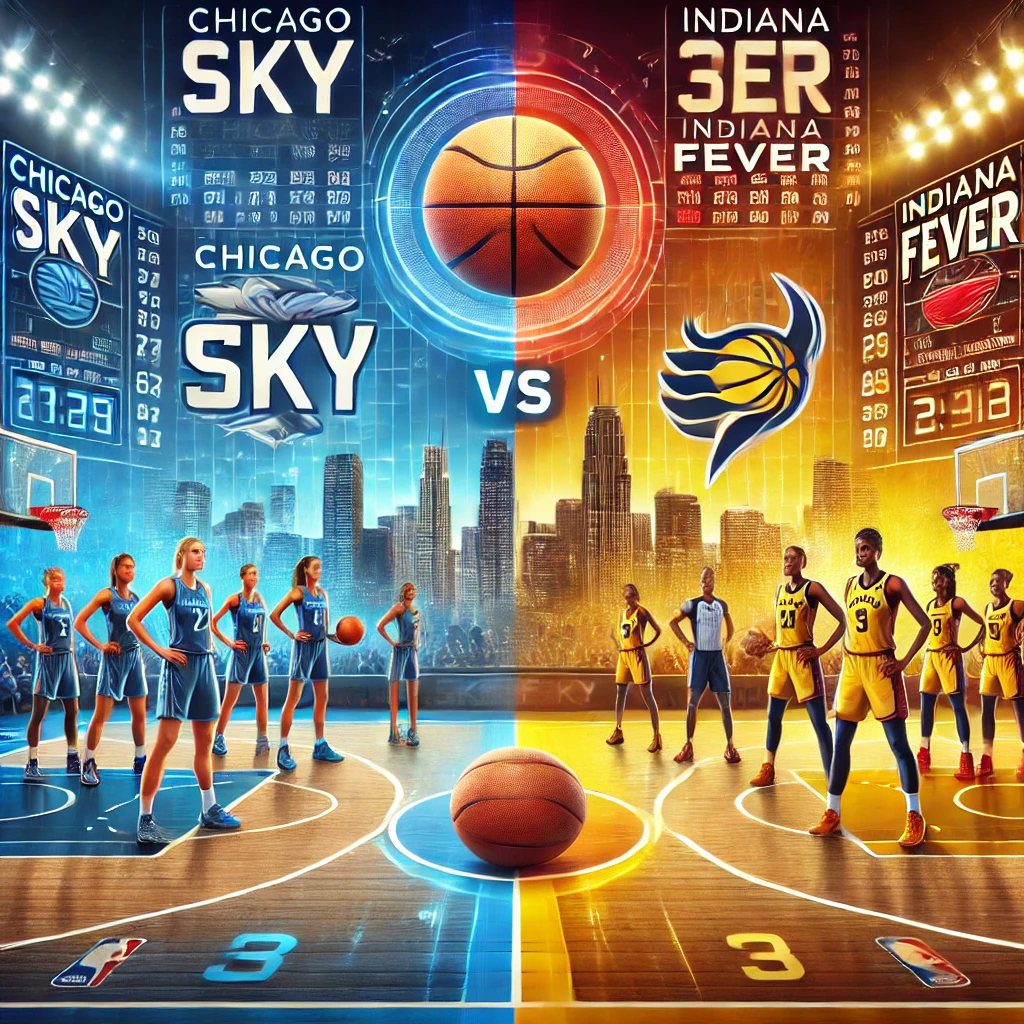Oilers Fan Flash Not Censored: Look at the Viral Moment
Oilers Fan Flash Not Censored: A Comprehensive Look at the Viral Moment
The world of sports is not just about the game itself—it’s about the fans, the culture, and the moments that live on forever. One of these unforgettable instances involves a fan moment that sparked conversations all over social media: the “Oilers fan flash not censored.” This viral event unfolded in front of thousands, leaving both audiences and media platforms scrambling to cover or avoid covering the situation. In this article, we will dive into the details surrounding this incident, the impact of fan culture, and why moments like these continue to trend online.
What Is the Oilers Fan Flash Not Censored Incident?
On the surface, this moment might sound simple—a fan flash that wasn’t censored during a live broadcast—but it speaks volumes about how unpredictable live sporting events can be. During an Edmonton Oilers hockey game, a fan was caught on camera flashing during the game. Whether done in a spirit of fun, shock value, or attention-seeking, the moment was broadcast live, and attempts to censor it either came too late or failed entirely. The footage soon made its rounds across social media platforms, becoming a viral sensation.
The Role of Social Media in Amplifying Viral Moments
Social media, especially platforms like Twitter, Reddit, and TikTok, plays a huge role in amplifying viral moments such as the “Oilers fan flash not censored.” As soon as something like this happens, fans and viewers share clips, images, and memes within minutes. The decentralized nature of the internet makes it almost impossible to completely control or prevent content from spreading.
This particular incident was no exception. As viewers noticed the event, hashtags and posts began to flood social media, with fans either praising, mocking, or condemning the occurrence. The phrase “Oilers fan flash not censored” began trending, further fueling the discussion.
The Reaction from Broadcasters and Authorities
Whenever something unexpected occurs on live television, broadcasters are faced with the difficult task of managing the situation. In the case of the “Oilers fan flash not censored” incident, broadcasters scrambled to minimize the damage. Attempts were made to remove clips from platforms such as YouTube, but by then, it was too late. Once something hits the internet, it’s practically impossible to erase it.
On the legal side, this kind of public indecency can sometimes have consequences, especially when broadcasted to a mass audience. However, each country and region has its own laws regarding public decency, and whether authorities choose to press charges is often a matter of discretion. In this particular case, it seems no significant legal actions were pursued.
Why Uncensored Moments Matter in Fan Culture
Sports fan culture is rife with unpredictable moments—some fun, others controversial. Uncensored moments like the “Oilers fan flash not censored” highlight a part of fan behavior that doesn’t always align with the family-friendly atmosphere that sports organizations try to foster.
Such moments also bring attention to the evolving nature of fandom, where fans might do something outrageous to become part of a viral moment or claim a fleeting slice of internet fame. These uncensored instances often push the boundaries of what is acceptable, forcing leagues and broadcasters to reconsider how they handle live events.
The Double-Edged Sword of Live Broadcasting
The beauty of live sports lies in its unpredictability. But this unpredictability is also its curse. Broadcasters must remain vigilant for any unscripted moments that could derail their programming or offend viewers.
In the case of the “Oilers fan flash not censored,” the broadcast team found themselves caught off guard. The incident sparked questions about the effectiveness of censorship tools during live broadcasts. How can broadcasters quickly handle an inappropriate situation when there is only a split second to react? The speed and efficiency of live censorship are areas where broadcasters can still improve, as this moment revealed the limitations of the current systems in place.
The Influence of Viral Moments on Sports Branding
The incident surrounding the Oilers fan flash not censored could have affected the branding and reputation of the Edmonton Oilers and their broader fan base. With thousands of views and shares online, it became a talking point not only among fans but also among critics who questioned the culture within sporting venues.
Sports teams and organizations often work hard to create a positive, family-friendly atmosphere, and viral incidents like this challenge that image. These moments can sometimes force teams to engage in damage control, assuring fans and sponsors that the behavior does not represent the team as a whole. On the other hand, moments like these can also create more engagement and attention, even if it’s for the wrong reasons.
Public Reactions: Divided Opinions
Public opinion surrounding the “Oilers fan flash not censored” incident was largely divided. On one hand, some fans found the event humorous, a lighthearted moment amid the intensity of a game. For these individuals, sports culture includes spontaneity and excitement, and moments like these are simply part of the experience.
On the other hand, many viewers, especially those watching with families, were less amused. Concerns about the appropriateness of such moments in a public and family-oriented setting raised questions about the responsibility of fans and the oversight of stadium authorities. The debate often boiled down to the balance between fan expression and maintaining a respectful atmosphere.
The Role of Memes and Internet Culture
When an incident like the “Oilers fan flash not censored” takes place, the internet is quick to react, often in the form of memes. Memes are a powerful way for fans to express humor, disbelief, or critique, and the internet’s creativity knows no bounds. Shortly after the incident, memes flooded various platforms, solidifying the moment in the annals of internet history.
The impact of memes can’t be underestimated, as they have the power to shape how we remember certain events. In this case, the viral spread of memes added a layer of humor to the incident, making it something of a shared cultural joke among sports fans. However, this also brings to light the challenge of managing a brand’s image in the age of meme culture.
The Aftermath: What Happened Next?
The “Oilers fan flash not censored” incident didn’t lead to significant legal consequences, but it certainly left a mark on the online community. For weeks after the event, discussions and jokes continued to circulate, further embedding the incident into fan culture.
From a broader perspective, moments like these remind teams, leagues, and broadcasters of the importance of maintaining control over live events while respecting the free-spirited nature of sports fans. In many ways, this incident served as a case study on the limitations of live censorship in a rapidly evolving media landscape.
Lessons Learned: The Need for Better Censorship and Fan Etiquette
One takeaway from the Oilers fan flash incident is the need for improved censorship tools during live broadcasts. Given the speed at which inappropriate content can spread online, broadcasters must develop faster and more reliable ways to handle unscripted moments.
Additionally, sports teams need to foster a culture of respect and etiquette among fans. While fan excitement is an integral part of the sports experience, boundaries must be upheld to ensure that all viewers can enjoy the game in a comfortable and safe environment.
Conclusion: The Lasting Legacy of the Oilers Fan Flash Not Censored
The “Oilers fan flash not censored” moment will go down as one of those unexpected, viral moments in sports history that no one could have predicted. While it may have initially caused some controversy, it ultimately became another chapter in the unpredictable and vibrant world of sports fandom.
From the spread of memes to the questions it raised about live censorship, this incident serves as a reminder that in the digital age, moments can go viral in an instant—whether they were meant to or not. As fans continue to engage with sports in new ways, both on and offline, teams and broadcasters must adapt to this evolving landscape.














Post Comment